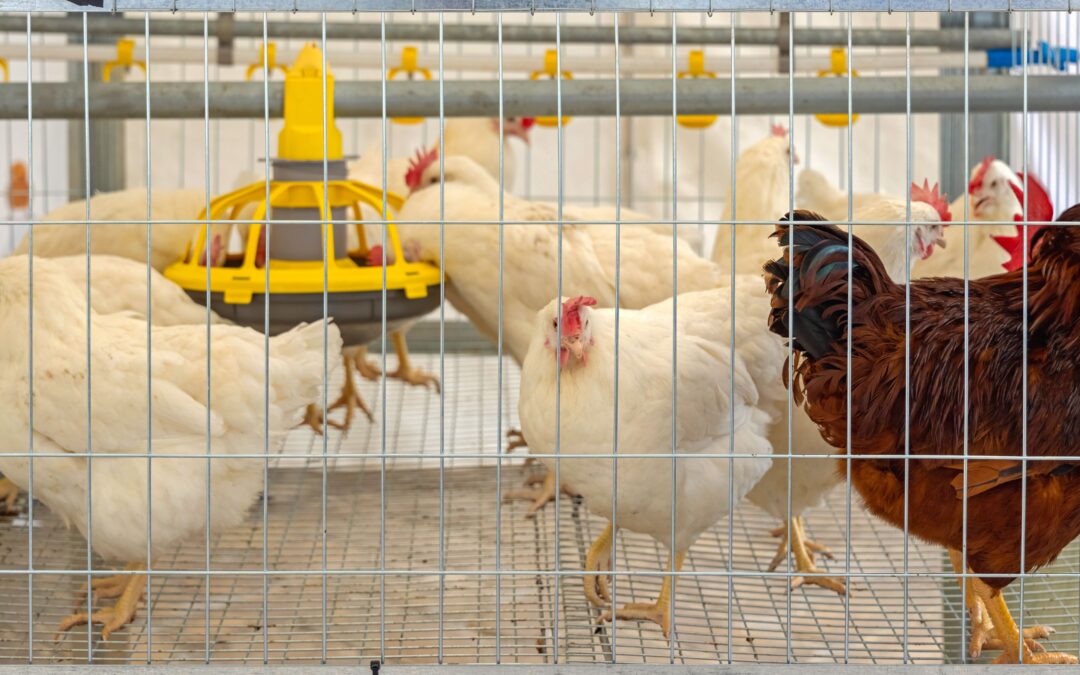Introduction
Welcome to our blog! Today, we’re exploring the subject of poultry fencing, an important but sometimes disregarded part of raising chickens. The value of high-quality fencing cannot be emphasized, regardless of farming experience level. It guarantees the safety and well-being of your priceless birds in addition to protecting them. Come learn the ins and outs of building high-quality fencing for poultry with us.
Why Quality Matters
Poultry fencing quality is important for a number of very important reasons. First off, it has an immediate effect on your chickens’ security and safety. A strong barrier against predators is provided by high-quality fencing materials and building methods, lowering the possibility of loss from assaults. Furthermore, high-quality fence prolongs the life of your infrastructure and reduces the need for regular maintenance or replacements. This will save you time and money in addition to providing your flock with long-term, reliable protection. animal welfare and helps to foster an atmosphere where your birds may flourish. putting quality first in poultry fencing is about maintaining standards of care and accountability in poultry farming in addition to protecting your investment.

Choosing the Right Materials
It is crucial to give top priority to weather resistance, predator proofing, and longevity when choosing materials for your poultry fence. Among the most popular options are electric fencing, chicken wire, and welded wire. Welded wire fencing is perfect for enclosing larger areas since it is strong and offers superior protection against predators. Conversely, chicken wire is more affordable and versatile, making it ideal for temporary or smaller enclosure fencing needs. With a little shock, electric fencing may be a very powerful deterrent for predators, but appropriate setup and upkeep are necessary. Whatever material you decide on, make sure it satisfies your unique requirements, fits within your means, and offers the degree of security your chickens need to survive.

Designing Your Fence
One of the most important steps in guaranteeing your birds’ safety and wellbeing is designing your poultry fence. A well-planned design considers a number of variables, including your flock’s unique requirements, the kind of predators in your area, and the size and configuration of your chicken yard. Take into account the fence’s height to keep predators from jumping over it and whether buried wire is required to discourage digging. Consider access points for cleaning and feeding in addition to any extra features like roosting spaces or predator-proofing techniques. You may establish a safe space for your hens that supports their wellbeing by carefully considering the design of the fence.

Installation Tips
To guarantee that poultry fencing effectively protects your birds, installation must be done with meticulous attention to detail. Start by conducting a comprehensive examination of the fence installation site to identify any potential weak points or predator-prone locations. Make sure the fence posts are securely anchored into the earth by either using post spikes for stability or drilling post holes. Take care to ensure that the fencing material is securely fastened to the posts, leaving no room for slack that could be manipulated by cunning predators. To discourage burrowing animals, think about burying the bottom part of the fence or adding an apron of wire mesh.
Conclusion
To sum up, high-quality poultry fencing is an essential component of chicken farming that shouldn’t be disregarded. You can make your birds’ safe haven a place where they may flourish by selecting the best materials, building a strong fence, and making sure that it is installed and maintained correctly. Recall that making a great fencing investment now will pay off later on, protecting your chickens and giving you piece of mind for many years to come. Happy agribusiness!


Recent Comments